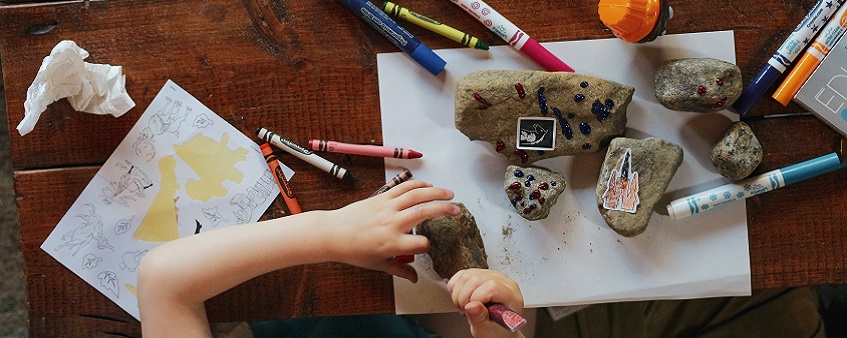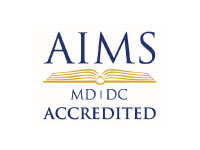What roles do freedom and independence play in the Montessori classroom?
Children touch and manipulate everything in their environment. In a sense, the human mind is handmade, because through movement and touch, the child explores, manipulates, and builds a storehouse of impressions about the physical world around her. Children learn best by doing, and this requires movement and spontaneous investigation.
Montessori children are free to move about, working along or with others at will. They may select any activity and work with it as along as they wish, so long as they do not disturb anyone or damage anything, and so long as they put it back where it belongs when they are finished.
Many exercises, especially at the early childhood level, are designed to draw children’s attention to the sensory properties of the objects within their environment: size, shape, color, texture, weight, smell, sound, etc. Gradually, they learn to pay attention, seeing more clearly small details in the things around them. They have begun to observe and appreciate their environment. This is a key in helping children discover how to learn.
Freedom is a second critical issue as children begin to explore. Our goal is less to teach them facts and concepts, but rather to help them to fall in love with the process of focusing on something and mastering its challenge with enthusiasm. Work assigned by adults rarely results in such enthusiasm and interest as does work that children freely choose for themselves.
The prepared environment of the Montessori class is a learning laboratory in which children are allowed to explore, discover, and select their own work. The independence that the children gain is not only empowering on a social and emotional basis, but it is also intrinsically involved with helping them become comfortable and confident in their ability to master the environment, ask questions, puzzle out the answer, and learn without needing to be “spoon-fed” by an adult.
From “The Montessori Way,” by Tim Seldin & Paul Epstein Ph.D., published by the Montessori Foundation, 2006.







